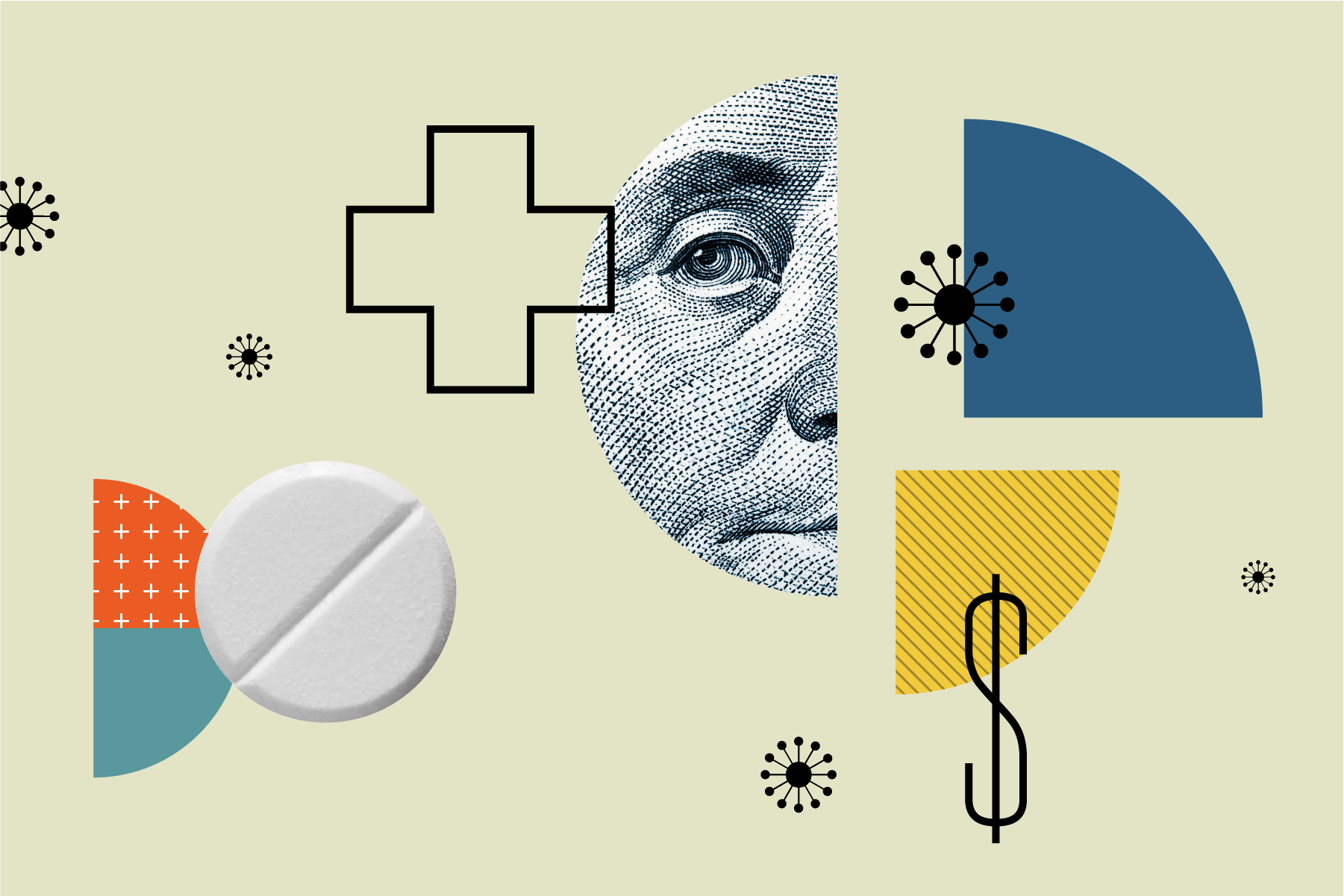What Can My HSA Be Used For?
Use your health savings account to cover these healthcare costs.

Massagers. Heating pads. Eye masks.
This is more than just a list of self-care items. All of these products are also qualified healthcare expenses.
Enter the health savings account, or HSA. These accounts are flexible tools that can help you stretch your dollars a bit further. You can use pretax money that you’ve contributed to the account to cover qualified medical expenses, including co-payments, coinsurance, prescriptions—the list goes on. You may be wondering: Can I use my HSA for dental care? What about vision expenses?
Before we jump into it, talking and reading about HSAs can easily become a confusing alphabet soup. Here are the healthcare acronyms we’ll be using:
| Healthcare Acronym | What Does It Stand for Again? |
|---|---|
| HSA | A health savings account is an employer-sponsored, tax-friendly savings account that can be used for qualified healthcare expenses. |
| HDHP | A high-deductible health plan has a higher deductible than other plans but offers a lower monthly premium. To qualify for an HSA, you need to be enrolled in an HDHP. |
| FSA | A flexible spending account is an employer-sponsored savings account that is funded by an employee’s pretax contributions for qualified medical expenses. If you’re not enrolled in an HDHP, you qualify for an FSA. |
But really, the list goes on. Here are some of the other not-so-obvious medical, dental, and vision expenses you can cover with your HSA.
18 Medical, Dental, and Vision Costs Your HSA Can Cover
- Ambulances.
- Band-Aids.
- Chiropractor visits.
- Dental care: artificial teeth, braces, cleanings, fillings, and tooth removal.
- Family-planning-related products and procedures: abortion, birth control, breast pumps, contraception, fertility treatments like IVF, midwife services, and ultrasounds.
- Feminine products: liners, menstrual relief medicine, pads, and tampons.
- Flu shots.
- Hearing aids.
- Medicine: includes prescriptions and over-the-counter drugs like cold and flu medicine.
- Mobility aids: canes, crutches, walkers, and wheelchairs.
- Personal protective equipment: masks, hand sanitizer, and sanitation wipes.
- Self-care and relaxation items: heating pads, massagers and muscle rollers, and sleep eye masks.
- Service animals.
- Sunscreen.
- Surgery: excludes cosmetic procedures.
- Therapy services: acupuncture, inpatient treatment for addiction, mental health counseling, physical therapy, psychiatric care, and speech therapy.
- Vision care: Braille books and magazines, contacts, eyeglasses, and eye drops.
- X-rays.
Remember: Always check with your provider to see what costs qualify under your HSA.
10 Costs Your HSA Won’t Cover
There are some expenses that don’t qualify as medical, dental, or vision expenses for your HSA including:
- Aromatherapy.
- Cosmetics.
- Funeral expenses.
- Hair transplants.
- Personal hygiene items: conditioner, deodorant, lotion, mouthwash, shampoo, and toothpaste.
- Teeth whitening.
- Toothbrushes (this includes electric toothbrushes).
- Vitamins.
- Veterinary care.
- Weight loss foods and programs that aren’t designated for a specific disease or need.
You can find a full list on the IRS website.
Do I Qualify for an HSA?
You need a high-deductible health plan, or HDHP, to be eligible for an HSA. If you don’t have an HDHP, you may qualify for a flexible spending account, or FSA.
What’s the Difference Between an FSA and an HSA?
If you choose a lower-deductible health insurance plan, you may have the option to pair it with an FSA. Like an HSA, an FSA allows you to contribute pretax dollars that can be used to cover qualified medical expenses. However, there are some key differences:
| HSA | FSA |
|---|---|
| The unused money in the account doesn’t expire, it rolls over every year. And when you turn 65, you can spend HSA money on anything you want. (A quick note: If it’s not for a qualified medical expense, the money is taxed as income.) | There is a limit to how much unused money rolls over. As outlined by the IRS for 2023, the maximum amount that can carry over into 2024 is $610. |
| You can keep your account if you change employers or stop working. | You lose your account if you change employers or stop working. |
| You can invest your dollars. | You cannot invest your dollars. |
Make the Most of Your HSA Benefits and Investments in 2024
The author or authors do not own shares in any securities mentioned in this article. Find out about Morningstar’s editorial policies.

/s3.amazonaws.com/arc-authors/morningstar/03956e27-4c76-4923-a5ab-4f03b58352a2.jpg)
/cloudfront-us-east-1.images.arcpublishing.com/morningstar/WDFTRL6URNGHXPS3HJKPTTEHHU.png)
/cloudfront-us-east-1.images.arcpublishing.com/morningstar/IFAOVZCBUJCJHLXW37DPSNOCHM.png)
/cloudfront-us-east-1.images.arcpublishing.com/morningstar/JNGGL2QVKFA43PRVR44O6RYGEM.png)
:quality(80)/s3.amazonaws.com/arc-authors/morningstar/03956e27-4c76-4923-a5ab-4f03b58352a2.jpg)